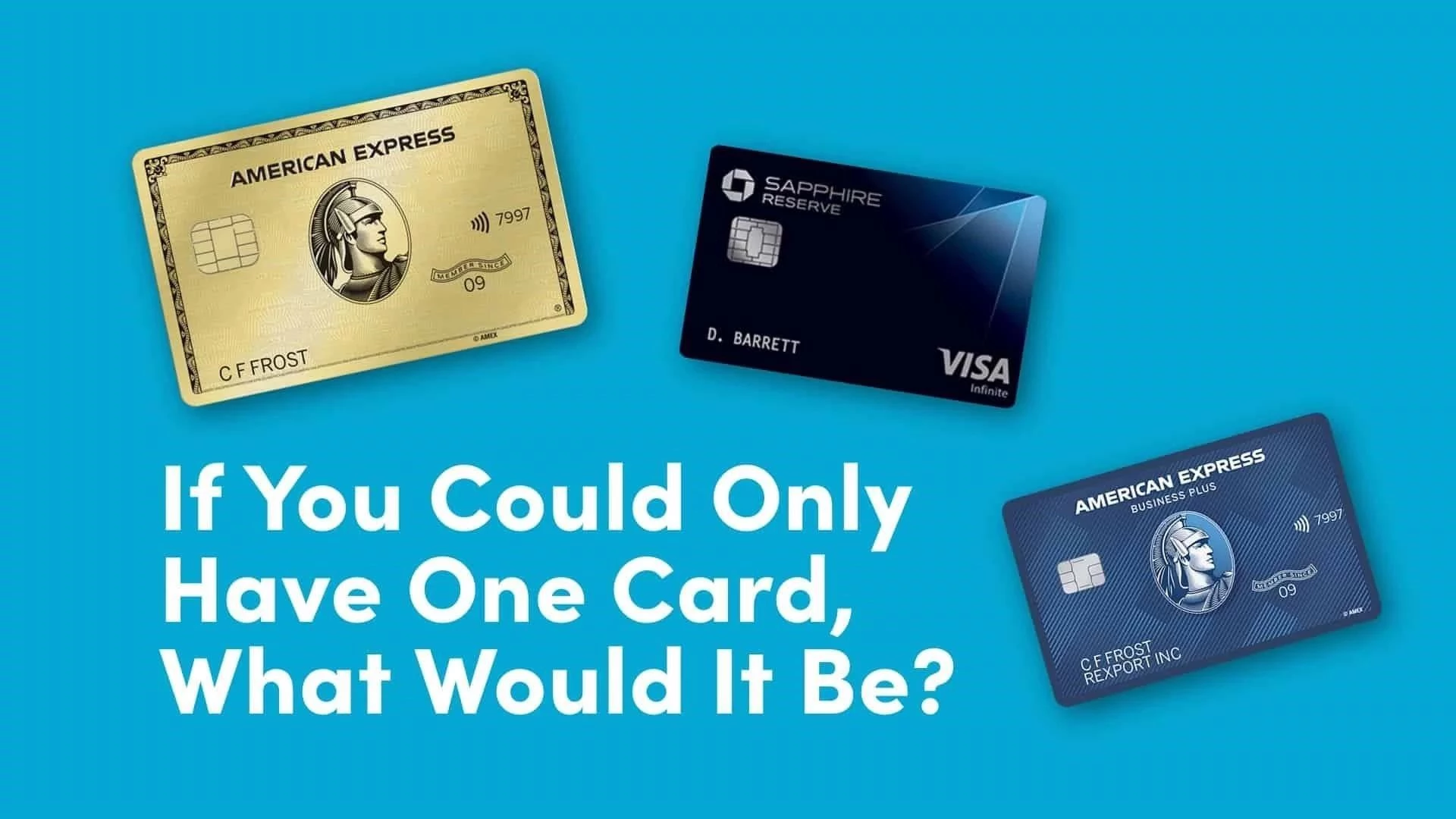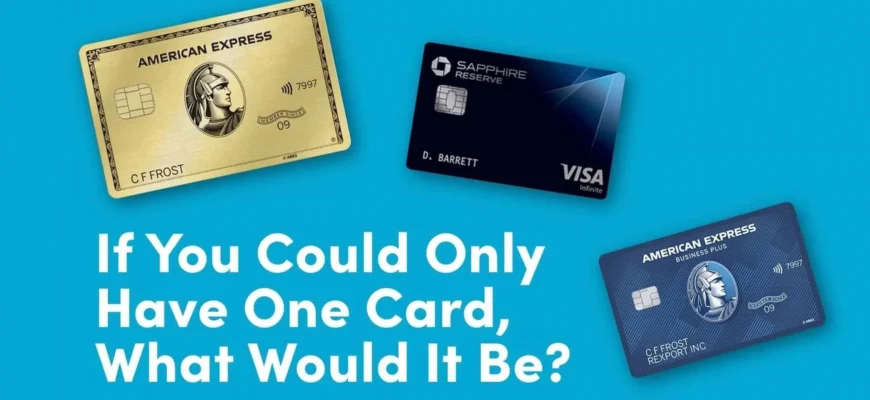In today’s digital age, credit cards have become an essential part of our financial lives, offering convenience, rewards, and flexibility. With numerous credit card options available, many individuals wonder if having more than one credit card is beneficial or not. This article aims to explore the pros and cons of having multiple credit cards, helping you make an informed decision that suits your financial needs and goals.

The Benefits of Having Multiple Credit Cards
Holding multiple credit cards can offer several advantages, including:
- Increased credit limit: Having multiple cards can provide a higher overall credit limit, giving you more financial flexibility.
- Reward optimization: Different cards offer unique rewards programs, allowing you to earn more points or cashback in specific categories.
- Travel benefits: Some cards offer travel-related perks, such as airport lounge access, travel insurance, or concierge services.
- Purchase protection: Multiple cards can provide extended warranties, return protection, or price protection on purchases.
- Credit score benefits: Managing multiple cards responsibly can help improve your credit utilization ratio and overall credit score.
- Emergency funding: Having multiple cards can serve as a safety net in case of unexpected expenses or financial emergencies.
By strategically using multiple credit cards, you can maximize your rewards, benefits, and financial flexibility, ultimately improving your overall financial well-being.
The Drawbacks of Having Multiple Credit Cards
While having multiple credit cards can offer several benefits, it’s essential to consider the potential drawbacks, including:
- Increased debt risk: Managing multiple cards can lead to overspending and accumulating debt, especially if you’re not disciplined with your payments.
- Complexity and clutter: Juggling multiple cards can be overwhelming, making it harder to keep track of due dates, balances, and rewards.
- Fees and interest: Multiple cards can result in higher fees, interest charges, and penalties, ultimately increasing your financial burden.
- Credit score impact: Applying for multiple cards in a short period can negatively affect your credit score, as it may indicate to lenders that you’re taking on too much debt.
- Security risks: Having multiple cards increases the risk of fraud, identity theft, and security breaches, especially if you’re not vigilant about monitoring your accounts.
- Opportunity costs: The time and effort spent managing multiple cards could be better spent on other financial priorities, such as saving or investing.
It’s crucial to weigh these drawbacks against the benefits and consider your individual financial situation, spending habits, and goals before deciding to have multiple credit cards.








